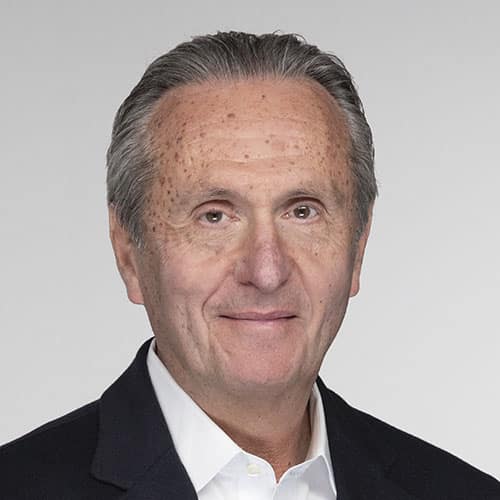 The Village by Cornerstone
Artist rendering
The Village by Cornerstone
Artist rendering It’s no secret that it’s often difficult — and expensive — to find housing in Los Angeles. To offset these challenges, we as a society build housing for many populations in need of support: unhoused, veterans, and seniors. But there are few resources for adults with intellectual and developmental disabilities (IDD) who want to live independently. And there are even fewer options in urban settings where support and services can be delivered efficiently and where many individuals with shared-life experience are available to create long-lasting friendships.
Due to enhanced diagnostics and advances in medicine, the IDD population — individuals with autism, Asperger’s, Down syndrome, cerebral palsy, and others — continues to grow at an accelerated rate. While some resources are available for these individuals through high school, thereafter, options and services begin to drop precipitously. Moving on to higher education or trade schools can be problematic. Employment opportunities are limited. As they begin to mature into adults seeking independence from parents, people with IDD often find that housing is elusive and ill-fitted to their needs. Isolation and loneliness frequently haunt them. They are at increased risk of abuse, poverty, and homelessness.
Among the greatest fears of parents is the fate of their children after they die. Most parents want independence, safety, and community for their children. Many recognize it is often not wise, practical, or appropriate for their adult children with IDD to live with them indefinitely or to ask other family members, even willing ones, to assume such responsibility.
Like every human being, adults with IDD deserve the option to live in an independent, supportive community. Unfortunately for many, independent living is out of reach. According to research from the University of Minnesota, only 11% of adults with IDD in America live in their own home. More than 60% live with family members — a situation that is often unsustainable.
When it comes to housing in Los Angeles, the deck is stacked against adults with IDD. However, this paradigm may soon begin to change.
The Village by Cornerstone is a new, 64-unit, mixed-use building under development in the Pico-Robertson district. Built specifically for individuals with IDD, the development will include on-site support and services for its residents. Its location in metro L.A. means it will be close to employment, shops, restaurants, educational and religious institutions, culture and entertainment, parks, and transportation. Pico-Robertson, a diverse and supportive neighborhood, has already put out a big welcome mat, understanding that it will benefit from the presence of the residents, as much as the residents will benefit from it. Although residents won’t move in until mid-2025, there is already a lengthy waiting list.
More than bricks and mortar, the Village is a model of a community where like-minded people can understand, support, and cheer for each other. Adults with IDD will have the opportunity to learn, grow, make friends, feel good about themselves, experience empowerment, and achieve a level of independence.
More than bricks and mortar, the Village is a model of a community where like-minded people can understand, support, and cheer for each other. Adults with IDD will have the opportunity to learn, grow, make friends, feel good about themselves, experience empowerment, and achieve a level of independence.
The Village fills an important societal housing need, but it is just the start. As a nation, we need government and private entities to provide many additional housing options to address the very real needs of the growing, underserved, at-risk adults with IDD population. Doing so is not only the right thing to do; in the long run, it mitigates against greater exposure and costs, creates communities, and saves lives.
Eric Schwartz is an attorney in Los Angeles and the father of an adult son with IDD.























 More news and opinions than at a Shabbat dinner, right in your inbox.
More news and opinions than at a Shabbat dinner, right in your inbox.